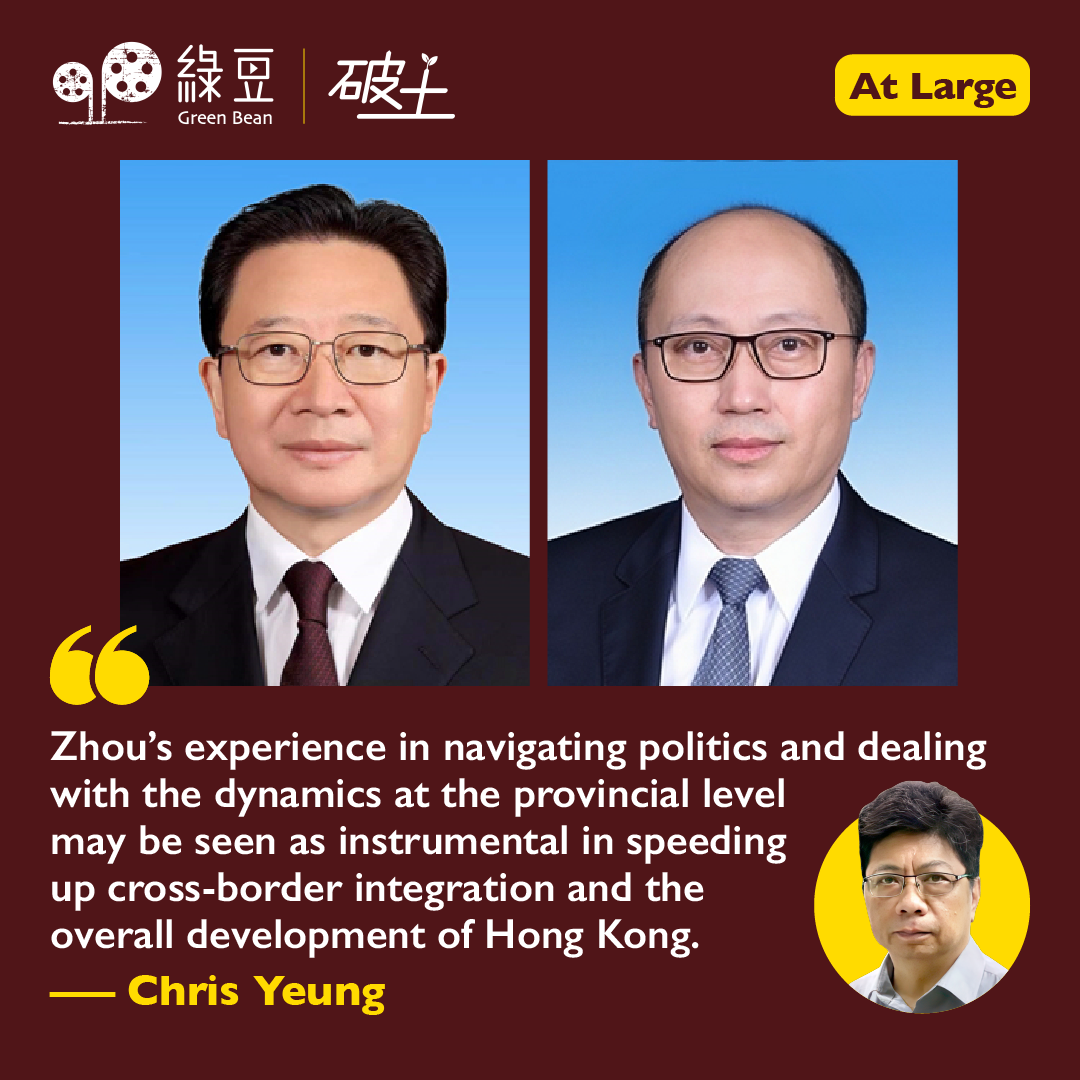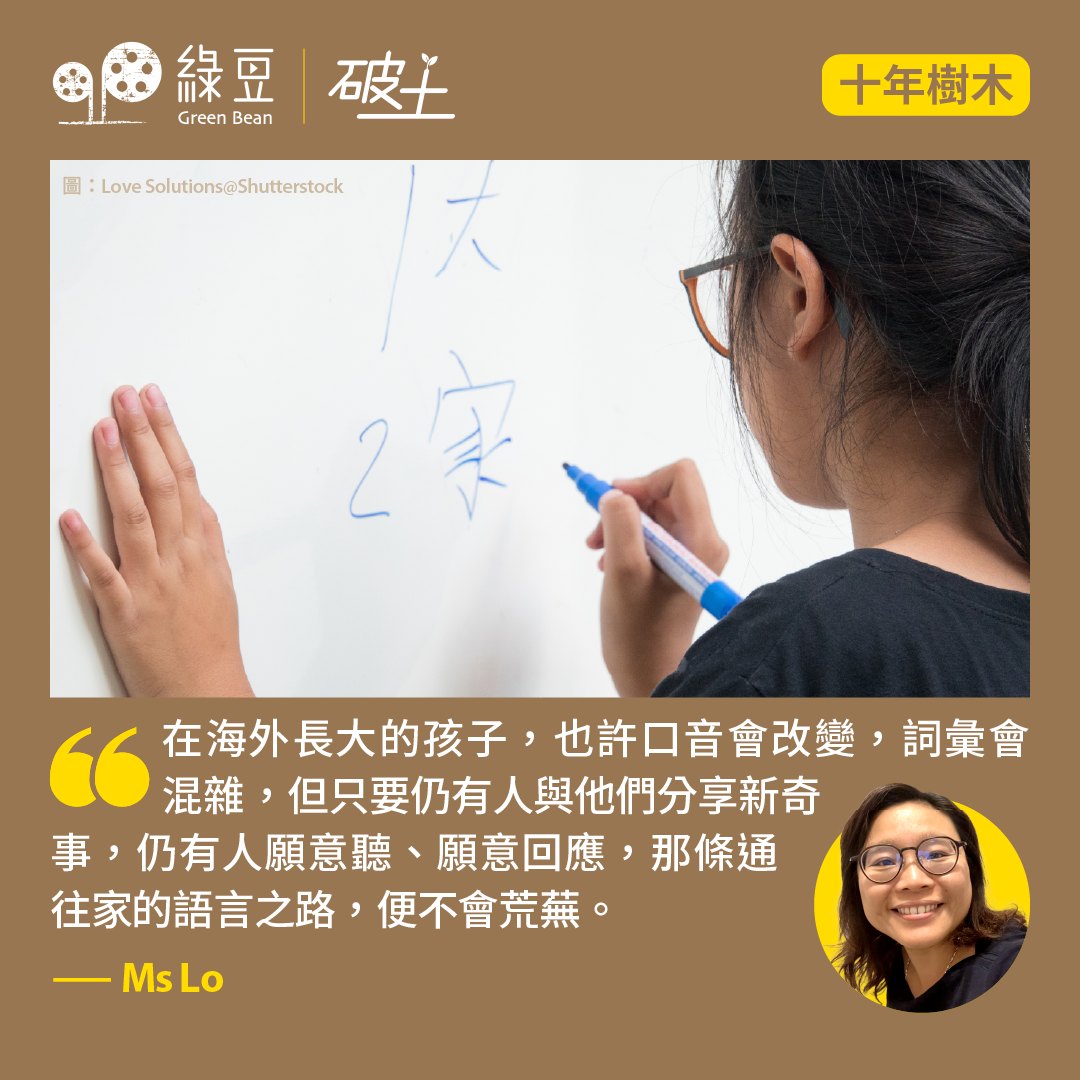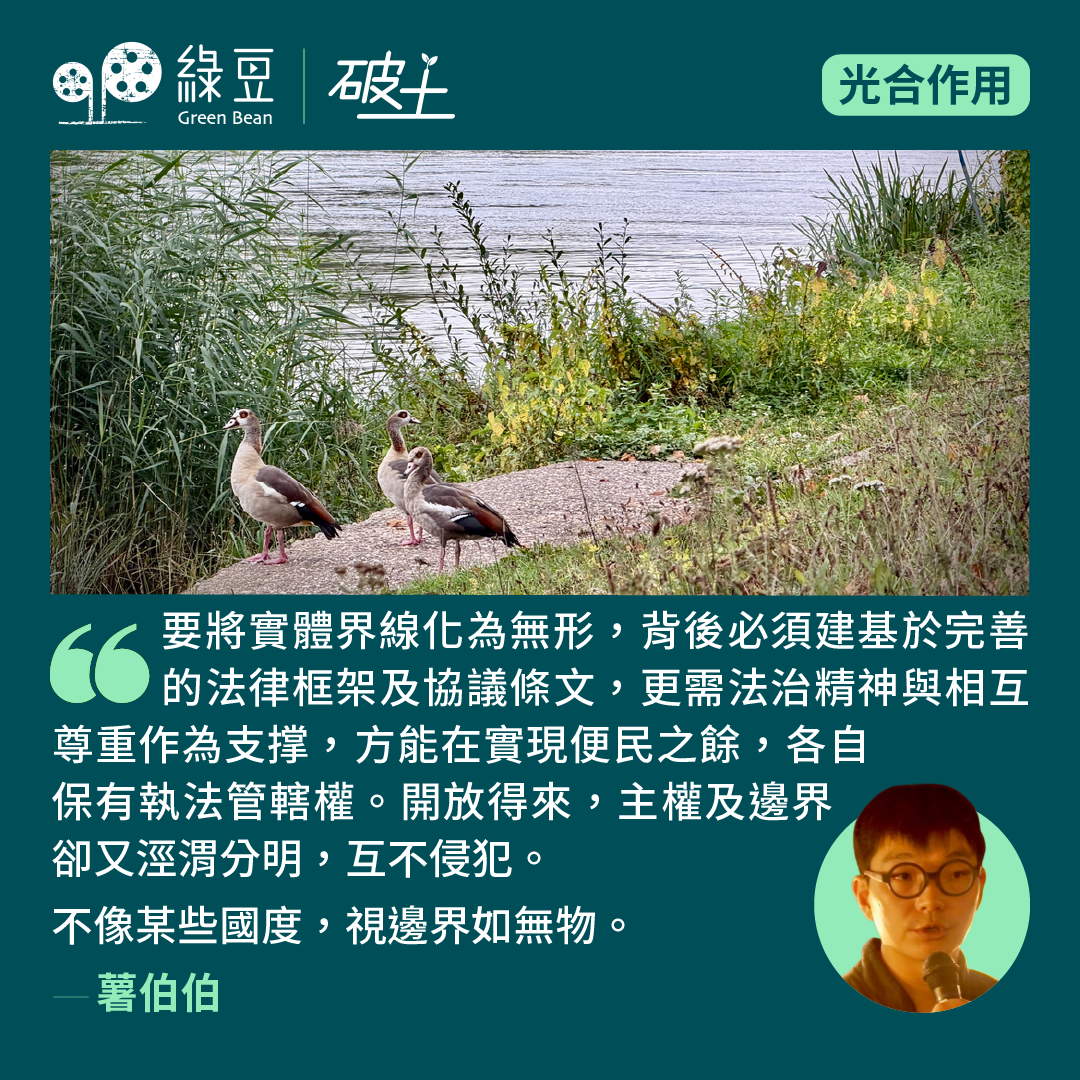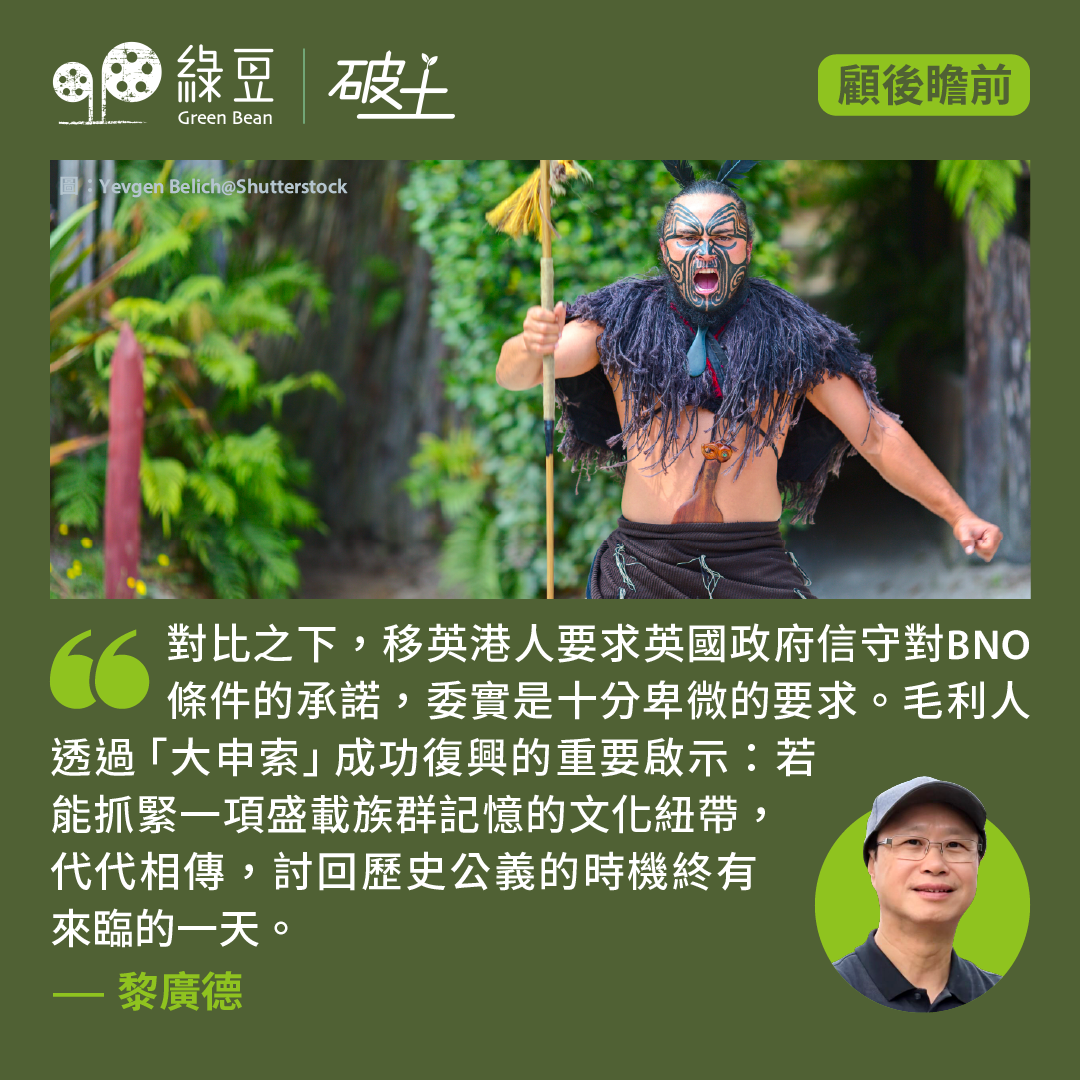Beijing names new envoy in HK amid changes

The world’s first intergovernmental mediation organisation was launched with a big bang in Hong Kong on last Friday morning (30/5) featuring a signing ceremony led by Chinese Foreign Minister Wang Yi, who sits on the Communist Party’s ruling Politburo.
But hours later in the evening, the limelight of the media shifted to the surprise naming of a new head of the Central Government’s Liaison Office in Hong Kong. Zhou Ji, the executive deputy director of the Hong Kong and Macau Affairs Office had been appointed, replacing Zheng Yanxiong. Both are 61.
The timing of the reshuffle and launching of the International Organisation of Mediation appear to be coincidental. But taken together, both shed some light on Beijing’s Hong Kong strategy in light of the sea changes in global geopolitics that have been made more volatile after the return of Donald Trump to the White House.
Role of Hong Kong in global affairs
In his speech on Friday, Wang said the organisation would transcend a “zero-sum mentality” and promote the amicable resolution of international disputes. He cited the resolution of Hong Kong’s future as an example of differences between states being resolved peacefully.
With its unique status, strengths and systems, Hong Kong fits into President Xi Jinping’s global vision and strategy. Under the leadership of Xi, China has championed the principle of setting differences through peaceful means, among other avowed goals.
Dating back to thousands of years ago, the idea of “mediation” is being lauded as a traditional feature of the “Chinese way” that the ruling communist regime is keen to promote in bettering global governance in a time of chaos and unpredictability.
Riding on the rising tide of discontent with US President Trump in different parts of the world, the Chinese-led international mediation body is another initiative to help strengthen the role and increase the influence of China through Hong Kong in global affairs.
It is in line with the repeated calls by Xi and top Chinese officials for Hong Kong to maintain and develop its connections with the international community.
Efforts to boost the role of Hong Kong in connecting the nation as whole with the international community have, in a sense, ironically further deepened and broadened the city’s integration with the mainland.
The course of the developments of Hong Kong has been increasingly charted based on the notion of Hong Kong on “a board of chess” of the nation.
Zhou Ji’s “parachute”
The latest reshuffle of the Liaison Office is indicative of the basic thinking of Beijing over the handling of Hong Kong affairs taking into account the global geopolitical tension and the city’s domestic scene.
Zheng served as secretary-general of the Guangdong provincial Communist Party committee before he was appointed to head the central government’s national security agency in Hong Kong in 2020 after the national security law took effect.
He is best known for stamping out anti-corruption protests in Wukan, a Guangdong village, in 2011. Zheng had reportedly accused villages of “colluding with foreign media to create trouble.”
Known as a hardliner, Zheng became director of the Liaison Office in January 2023.
According to the HKMAO website, Zhou Ji previously took senior posts in Hubei and Henan provinces before he joined the HKMAO in July 2023 as the deputy to Director Xia Baolong.
With hindsight, his “parachute” into the HKMAO two years ago seems to be a calculated move to pave the way for him to replace Zheng at some point in the course of leading Hong Kong “from chao to stability” towards a new chapter of “from stability to prosperity.”
To Beijing’s long-time patriots in Hong Kong, Zhou remains a stranger. Little was known about him.
What seems to be certain is that it looks unlikely Zhou will take a softer line on security-related policies and issues as long as Xia is still in tight grip of Hong Kong policy.
Zhou is also poised to play a bigger role in overseeing the developments of Hong Kong, in particular in cross-border issues such as Greater Bay Area collaboration, with his vast governance experience at provincial level.
There are growing signs that Beijing is unhappy with the slow progress of collaborative developments of Hong Kong and the neighbouring region. One case in point was the inspection tour by Xia to Shenzhen in February.
Zhou’s experience in navigating politics and dealing with the dynamics at the provincial level may be seen as instrumental in speeding up cross-border integration and the overall development of Hong Kong.
( Photo : HKMAO website )
▌ [At Large] About the Author
Chris Yeung is a veteran journalist, a founder and chief writer of the now-disbanded CitizenNews; he now runs a daily news commentary channel on Youtube. He had formerly worked with the South China Morning Post and the Hong Kong Economic Journal.





